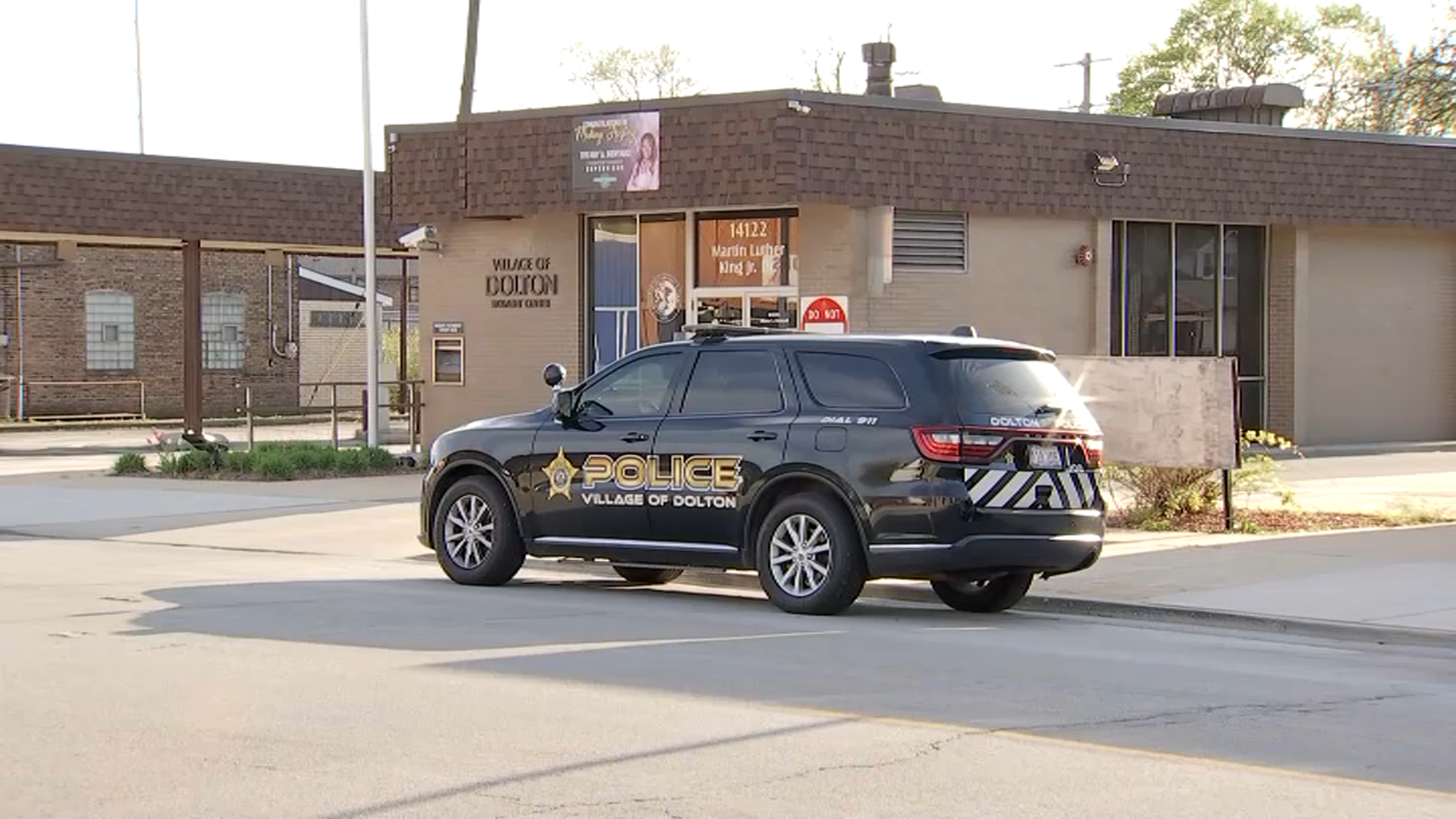Mayor Lori Lightfoot and Chicago police leadership proposed a set of changes to the city's search warrant policy on Wednesday, months after video of a botched raid ignited a firestorm of controversy and calls for reform.
Under the proposed reforms, "no-knock" warrants - allowing officers to enter a residence without prior notification - will be banned "except in specific cases where lives or safety are in danger," Lightfoot's office said in a statement. No-knock warrants have come under heightened scrutiny in the past year, particularly after the high-profile fatal police shooting of Breonna Taylor in Louisville that sparked widespread outrage.
The proposed reforms to Chicago's policy would require that any no-knock warrants be served only by SWAT. Appearing with Lightfoot to announce the proposed changes, Chicago Police Supt. David Brown said the instance in which no-knock warrants would be approved would be "rare."
All Chicago police search warrants, no-knock or otherwise, would have to be approved by a deputy chief or higher within the department under the proposed changes, Lightfoot said, noting that deputy chief is three ranks above the previous requirement of lieutenant approval.
Feeling out of the loop? We'll catch you up on the Chicago news you need to know. Sign up for the weekly Chicago Catch-Up newsletter here.
And before any search warrant is served, Lightfoot proposed two other requirements: that all warrants undergo an independent investigation prior to approval to verify information used to obtain the warrant, and that the team executing the warrant conduct a "planning session" in which they identify any potentially vulnerable people, including children, who may be at the location in question.
During the execution of any search warrant, Lightfoot's proposed policy changes would require a female officer and a lieutenant or higher rank to be present, rather than a sergeant.
Once a warrant is executed, the reforms would classify any warrant served at the wrong address or where information used to obtain the warrant was false to be a "wrong raid." CPD would then be required to conduct a review for all wrong raids.
Local
Brown said the department executes about 1,500 warrants a year and that he believed the pace of those warrants would slow with the higher level of approval required.
The new policy is up for a 15-day public comment period, Lightfoot said, after which feedback would be taken into consideration. She said she hoped the new policy would take effect by the end of the month.
The updates to the policy came more than two months after video was released showing a botched 2019 police raid in which officers went to the wrong home and handcuffed a naked woman in an incident caught on body camera footage.
Anjanette Young and her attorney say police raided her home on Feb. 19, 2019, as they served a warrant based on information from an unnamed informant. Video showed officers handcuffing Young while she stood naked for several minutes, despite her repeated cries that they were in the wrong home.
The raid on Young’s home was brought to light in December when footage of the raid was leaked by Young’s lawyer. Lightfoot's administration tried to prevent footage of the raid from being aired on television in an emergency court filing that a federal judge rejected.
Young filed a lawsuit against the city last month, alleging officials engaged in a conspiracy to cover up civil rights violations. The suit claims police officials failed to independently investigate and verify the place to be searched, naming the city and 12 Chicago Police Department officers as defendants. She previously filed a federal lawsuit against the city, which was dismissed last year.
The 12 police officers connected to the raid have been placed on desk duty pending the outcome of a Civilian Office of Police Accountability investigation. The city’s top attorney also resigned in the fallout.
Retired U.S. District Judge Ann Claire Williams and her law firm Jones Day have been tasked by Lightfoot to conduct a full review of the search warrant executed on Young’s home. Lightfoot said Wednesday that that review remained ongoing.



